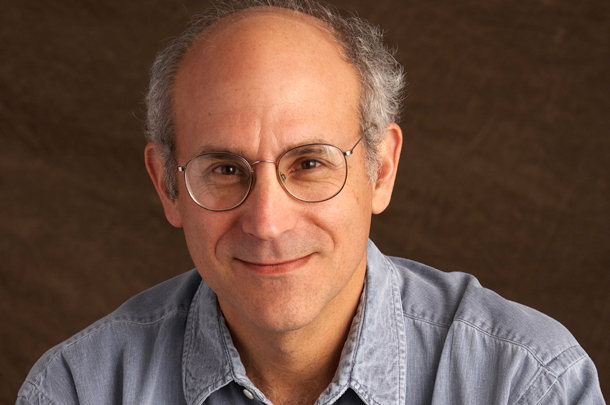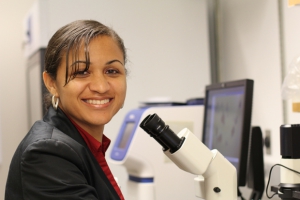What don’t we know about human development and how it can go wrong? By focusing on these questions, a new two-unit fall course is allowing USC undergraduates to go beyond standard developmental biology coursework.
In MEDS 335 — Human Development: From Stem to Sternum — students will learn about the development and function of human organs at the physiological and cellular levels. Offered through the minor in health care studies, MEDS 335 is designed as a survey course to introduce students to the breadth of human development. It is open to students from all disciplines who have taken a general biology course.
“We want to show students how much there still is to learn about human development and how complex a process it is,” said Neil Segil, PhD, professor of research in stem cell biology and regenerative medicine and in otolaryngology-head and neck surgery at the Keck School of Medicine of USC.
Segil will co-teach with Senta Georgia, PhD, principal investigator at the Saban Research Institute of Children’s Hospital Los Angeles (CHLA) and an assistant professor at the Keck School. Both professors are also principal investigators with USC Stem Cell, a collaborative and multidisciplinary effort bringing together more than 100 researchers and clinicians working to translate discoveries into cures.
Participation will play a major role in MEDS 335. Not only will students discuss the topics in each class, they will also give presentations. Because a major goal is to pique students’ curiosity about development, they will have freedom in choosing presentation topics. If they have an interest in clinical practices, for example, they can examine the ethics of organ transplant lists. If they are more intrigued by the history of scientific gains in the field, they can present the seminal works of one of the pioneers of developmental biology.
“The idea is for students to let their curiosity guide them,” Segil explained.
Segil and Georgia want MEDS 335 to spark interest in the development of the human body, and they are striving to make the course as accessible as possible.
“We hope that students not only develop a general understanding of human development,” Segil said, “but also discover an interest in one or more specific aspects of the field.”
— Marie Rippen



